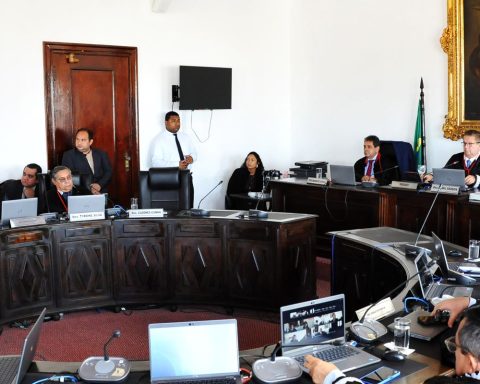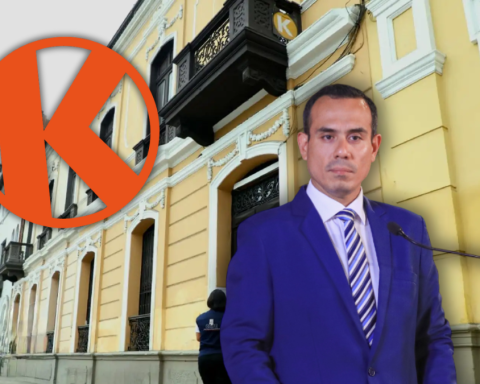Fulfilling the dream of owning your own home has become increasingly expensive. According to the FipeZap Index, in the first nine months of this year alone, property prices in Brazil increased, on average, 5.88%, surpassing the 3.31% inflation in the Broad National Consumer Price Index (IPCA) accumulated in the period. 
In addition to the value of the property and the high interest rates charged on financing, buyers are faced with fees, taxes and various expenses that can compromise the budget and, ultimately, make the business unfeasible.
What few know is that, since 1973, a federal law has granted anyone purchasing their first property a 50% discount on the fees that notaries and registrars charge to prepare documents such as deeds and records – the so-called emoluments.
THE Public Records Law (Law No. 6,015)from 1973, establishes that the rebate applies to the acquisition of properties financed through the Housing Financial System (SFH) – that is, with resources from the Service Time Guarantee Fund (FGTS) or savings account and that, under current rules, do not exceed R$1.5 million.
It is the buyer himself or his legal representative who must demand the discount, informing the notary that he is purchasing his first residential property, financed. Many, however, are unaware of the benefit – although some real estate agencies, brokers and financial institutions inform their clients, even going as far as, in some cases, including the information in the purchase and sale contract.
This was the case of journalist Maria Eugênia Gonçalves. Last year, she and her husband financed an apartment in the Lapa neighborhood, in São Paulo. For convenience and security, the couple hired the services of a real estate consultancy. In addition to identifying the banking institution with the most attractive interest rates, the company helped them check the legal status of the property and gather the necessary documents to obtain bank credit, taking care of the bureaucratic part.
“They were also the ones who informed me that, as it was our first property, we would have a 50% discount on the fees charged by notary offices,” Maria Eugênia told Agência Brasil. With this alone, the journalist saved just over R$3.8. A welcome saving, since, in addition to spending almost all of their savings, the couple took around two months to move in after getting the keys to their new house.
“In the meantime, we had to pay the rent on the old apartment; financing; two condominiums, in addition to other fees. We had expenses with moving and small repairs”, recalled Maria Eugênia, defending the importance of measures that relieve buyers. “This is essential at a time when the person is taking on a huge debt, a financial commitment that involves several parallel expenses.”
According to the president of the Federal Council of Real Estate Brokers (Cofeci), João Teodoro Silva, although the Public Records Law has been in force for five decades, many people, including some professionals who work in the real estate sector, are unaware of the existence of the benefit.
Silva also recalled that the same law establishes limits for charging notary fees when purchasing social housing. “In these cases, there is a scale that takes into account the size of the property or whether it was acquired by a housing cooperative”, added the president of Cofeci.
“What happens is that, generally, people are unaware of this right and, therefore, do not demand it. As far as possible, we have tried to inform anyone purchasing a property that this legal provision exists. Because it makes doing business easier, it is important for the market in general and for real estate agents in particular, as it tends to facilitate the acquisition of a property”, concluded Silva.




















